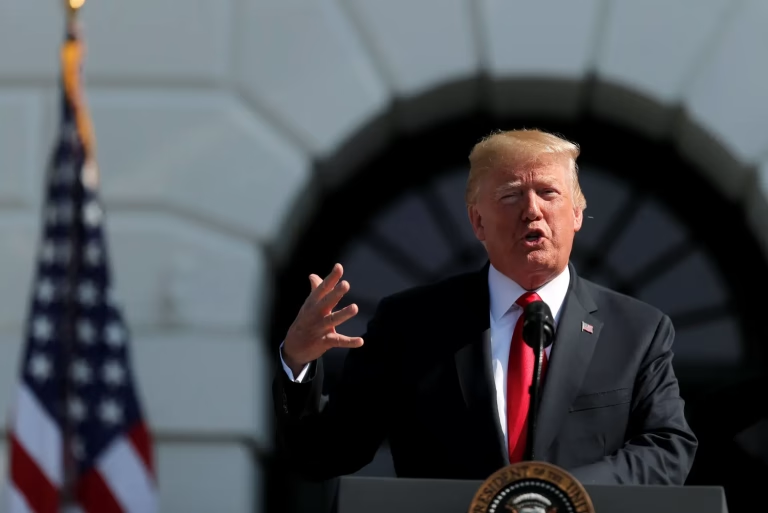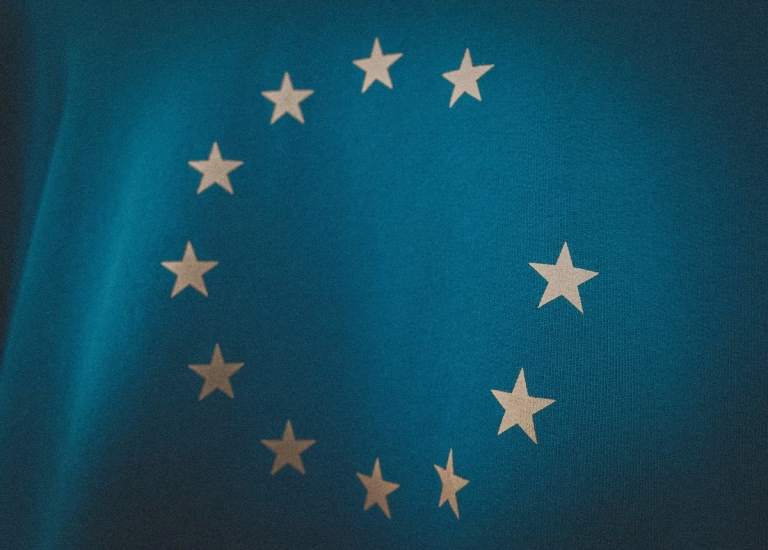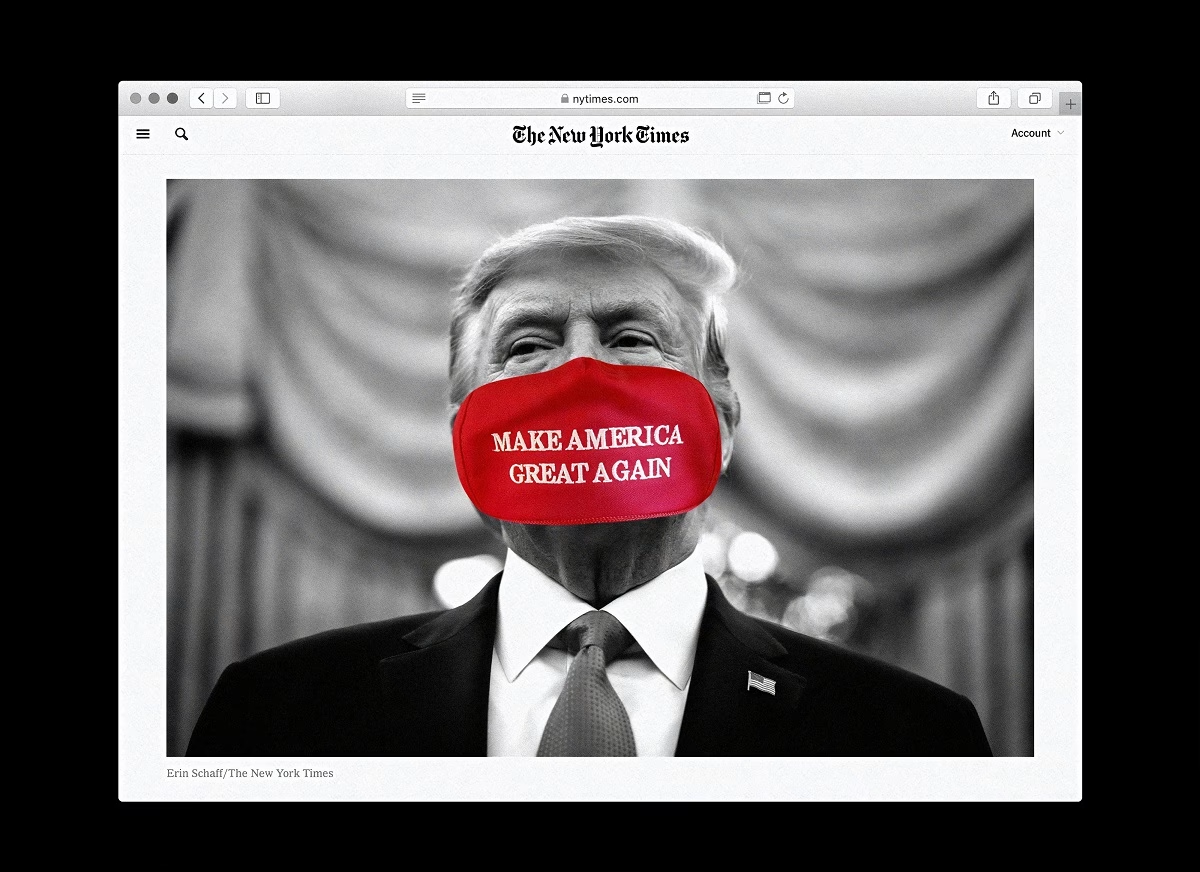
Trump’s external and internal policy problems are mounting, forcing him to be more rational
Faced with economic vulnerability, the Trump administration is making a strategic shift by entering into trade negotiations with China, previously considered its main adversary. At the same time, the White House is using the latest government shutdown as an opportunity for “bureaucratic reform”, planning to radically reduce the civil service while officials are temporarily suspended from work. These steps mark a transition to forced maneuvering.
The battle for TikTok and concessions to Xi Jinping
Donald Trump has indeed decided to “back down”, but not in the form of a chaotic retreat dictated by circumstances, but according to a well-thought-out plan. Thus, negotiations continued on the possible conclusion of a trade deal between Trump and China, which at the beginning of his presidency was considered an enemy that could only be dealt with through force. In the fall, the first meeting between Trump and Xi Jinping may take place at the APEC summit, and the terms of the agreement will clearly differ greatly from what the White House originally wanted.
China is entering these negotiations from a position of strength, and it is no coincidence that in the spring it demonstrated the vulnerability of the American economy by suspending exports of rare earth metals. This instantly paralyzed part of the US automotive industry, which was forced to halt production due to a shortage of key components. Although Trump’s opponents hoped that this crisis would devastate the economy and the president’s ratings, his team quickly adjusted its policy. As a result, the upcoming agreement with China may not only benefit China, but also strengthen the Trumpists’ position in the fight against internal opposition.
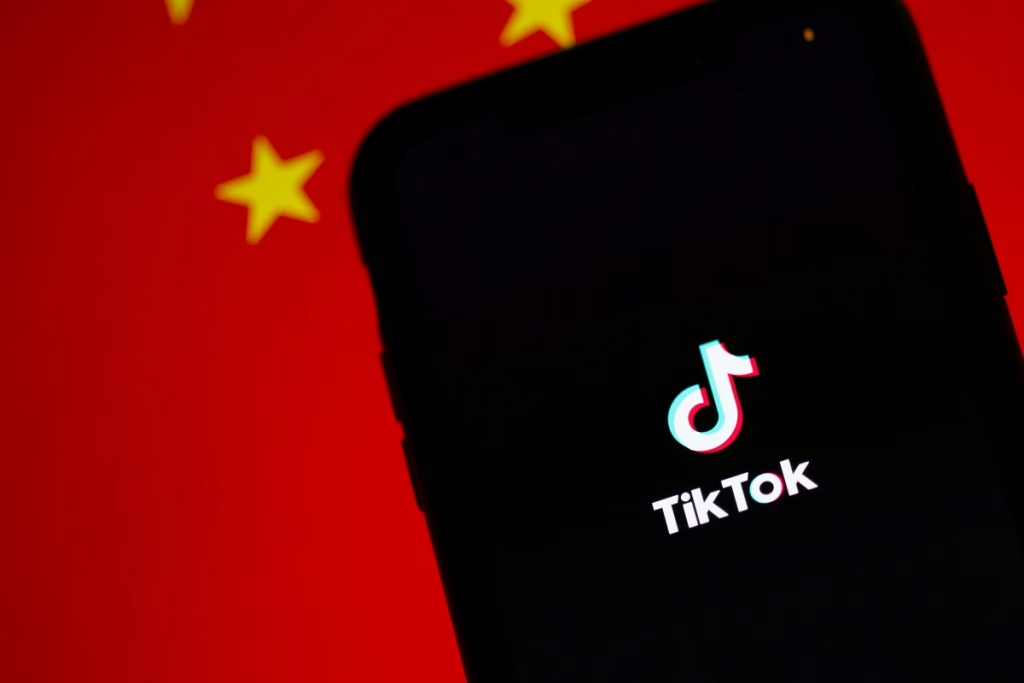
The fate of TikTok remains a separate issue. Its American assets will be sold to billionaire sponsors from Trump’s team. Democrats fear that the platform’s algorithms will be rigged in favor of Republicans, even though Trump already surpassed Biden and Harris in content popularity. TikTok’s audience of 170 million users, predominantly young people and zoomers, is increasingly leaning toward supporting Republicans. This is destroying the Democrats’ monopoly on control of social media — now their politicians themselves are talking about the “dictatorship of algorithms” and the “trampling” of freedom of speech.
At the same time, Twitter/X already openly supports the right wing, and Facebook/Alphabet is establishing contacts with Trump. Without controlled censorship, it will be much more difficult for Democrats to oppose the president. Against the backdrop of economic and geopolitical challenges from China, control over social media is becoming an important strategic asset for Trump.
Reforms amid the shutdown
The situation is very difficult for Trump, because Washington has rushed headlong into a shutdown, as Congress once again failed to agree on a compromise budget for fiscal year 2026 in September. In this situation, the Democrats hope to make the government as dysfunctional as possible in order to undermine all of Trump’s initiatives. But the Republicans have an alternative, yet no less ambitious plan, and they are not opposed to staging another bureaucratic reform against the backdrop of the shutdown. With the government shutdown, civil servants are no longer being paid, and many of them are stopping work. Trump’s team is thinking of taking advantage of the moment to simply not take civil servants back to work when the shutdown ends.
The bureaucratic apparatus will continue to perform its most important functions, and the Pentagon will not curtail its military operations, such as the fight against cartels in the Gulf of Mexico. But other areas can be safely sacrificed. The longest shutdown was during Trump’s first term in early 2019, lasting more than a month, and Trump had to make concessions to Congress. The situation is different now, and if it drags on, the president will try to completely offset the economic disadvantages of this phenomenon with successes in the fight against the “deep state”.
Perhaps the “deep state” will also be blamed for miscalculations in the area of migration, because the US is facing real visa chaos. The White House is tightening the rules for issuing work visas to foreign specialists, and the H-1B visa for highly skilled personnel, who form the backbone of American corporations’ engineering departments, has been the first to be affected by the restrictions. Of the approximately one million current holders of such visas, 70% are from India and 10% are from China.

Under the new rules, companies will have to pay $100,000 for each H-1B visa, and will only be allowed to hire foreigners if they can prove that it is impossible to find an American specialist. The existing system is indeed accompanied by abuses — many visa holders work in the US for years in conditions bordering on exploitation, unable to complain due to the risk of not having their documents renewed.
However, the US technology sector, which is experiencing a shortage of 1.5 million STEM professionals, will face a catastrophic labor shortage. The tough immigration policy calls into question the country’s reindustrialization plans, limiting itself to the modest goal of preserving existing production chains. The H-1B visa crisis also complicates relations with India, which had just begun to normalize, and encourages other countries to reconsider their investment plans in the US. Nevertheless, the Trump administration is acting rationally from a political point of view: combating migration brings immediate dividends, while reindustrialization remains a distant prospect.
Crisis of confidence in the White House
But the president’s policies remain very strange in some areas. Trump sharply criticized his own Justice Department, addressing his complaints to Attorney General Pam Bondi. She is accused of inaction in cases against political opponents, including former FBI Director James Comey, one of the initiators of Russiagate. The president’s team had to urgently delete his post about “incompetence”, but the negative response has already sparked a wave of ridicule from both the right and the left.
Bondi has previously been criticized for delaying the release of documents in the Epstein case and for lack of progress in the “legal wars” with the Democrats. To solve operational tasks, such as fighting crime, the administration has to involve the military and act bypassing her department and the FBI. At the same time, a new scandal erupted: Tom Homan, the White House’s chief fighter against illegal immigration, was caught taking bribes for lobbying for appointments in the government. Although the Justice Department is in no hurry to investigate the case, Democrats are demanding his resignation, seeing him as a symbol of harsh immigration policy.
At the same time, threats were made in California against Homeland Security Secretary Kristi Noem because of her involvement in the deportation of migrants. After her purse was stolen in a Washington restaurant, security was tightened, but the risks remain, especially given the willingness of opponents to use any means necessary. Despite the accumulated problems, large-scale reshuffles in the cabinet are unlikely before the next congressional elections. However, in the long term, Trump will need to renew his team by removing toxic and exhausted figures.
From funeral to internal party war
Charlie Kirk’s death also exposed structural weaknesses in the administration that require urgent solutions. Charlie Kirk’s funeral in Arizona turned into a huge rally attended by 200,000 of his supporters, and almost the entire presidential cabinet, including the president himself, gathered there. Literally all secret agents were brought to Arizona for security reasons, but behind the outward unity of the Republicans, poorly concealed conflicts emerged that were even more dangerous than the left-wing radicals.

A major scandal erupted over the publicized facts of pressure on Charlie Kirk from the pro-Israel lobby. In the summer, influential Republican sponsors summoned the activist to a meeting in the Hamptons, where they expressed outrage at his criticism of Israel. According to reports, there were even open shouts at Kirk, even though he was only asking questions about the advisability of unconditional US support for Israel.
Attitudes toward Israel have deteriorated significantly among young people, including Republicans, who made up Kirk’s core audience and represent a strategically important group for Trump. The situation became so serious that even Benjamin Netanyahu had to officially deny Israel’s involvement in the attempt on Kirk’s life. Although such theories are unfounded, they reflect a sharply negative dynamic in American society’s perception of Israel. The rift continues to deepen: influential figures such as Tucker Carlson and Steve Bannon have joined the ranks of Israel’s critics on the right. The heavy-handed tactics of Republican sponsors trying to restore the pro-Israel consensus are, paradoxically, fueling anti-Israel conspiracy theories within the right-wing camp itself.
Another problem was the apparent indifference to Kirk’s death among members of Trump’s team, who came to say goodbye to him as if it were a meeting of old friends, where the occasion was not particularly important or interesting. Indeed, virtually Trump’s entire inner circle was present at the event, including even Elon Musk, who had traveled to Arizona specifically to try to repair his relationship with the president. The entrepreneur no longer mentions his failed project to create a third party and even reacted mildly to the tightening of H1B visas, although he once moved to the US under this program.
Tucker Carlson was also among those gathered, although his presence does not mean that internal contradictions within the MAGA coalition have been resolved. The temporary truce was only made possible by the shock of Kirk’s murder, which united the camp in the face of a common threat. Statistics show that 87% of Americans are concerned about the rise in political violence, but a quarter of liberal-minded citizens justify the use of force against opponents. Of particular concern is the radicalization of the transgender community, which has recently been the source of numerous violent actions.
For the right wing, the current unity is a matter of survival, as the next victim could be a more influential figure. However, unity was overshadowed by the sluggish, pre-prepared speeches of Trump and his aides, who avoided the direct topic of left-wing terrorism. The notable exceptions were the speeches by Kirk’s widow Erika, who is now being touted as Vance’s running mate, and Robert Kennedy Jr., who drew parallels with the assassination of his own father. The current situation leaves a depressing feeling that the wave of violence will not stop — Trump is demonstrating an inability to take decisive action and truly tough measures.
The UN as a target of Trumpism
Apparently, Trump felt this negativity, and he made his first address to the UN General Assembly after his second inauguration, where there was much more fire and expression. It was very different from what we had heard over the past four years from Biden, who in 2021 pompously proclaimed the dawn of a “peaceful and prosperous future” without Trump. This sounded particularly ironic against the backdrop of the US military’s retreat from Afghanistan, and in 2022, Biden’s entire speech was devoted solely to Ukraine. In 2023, he paid significantly more attention to China and competition in the Indo-Pacific region, and in his final speech, Biden merely attempted to present himself as the chief savior of democracy throughout the world.
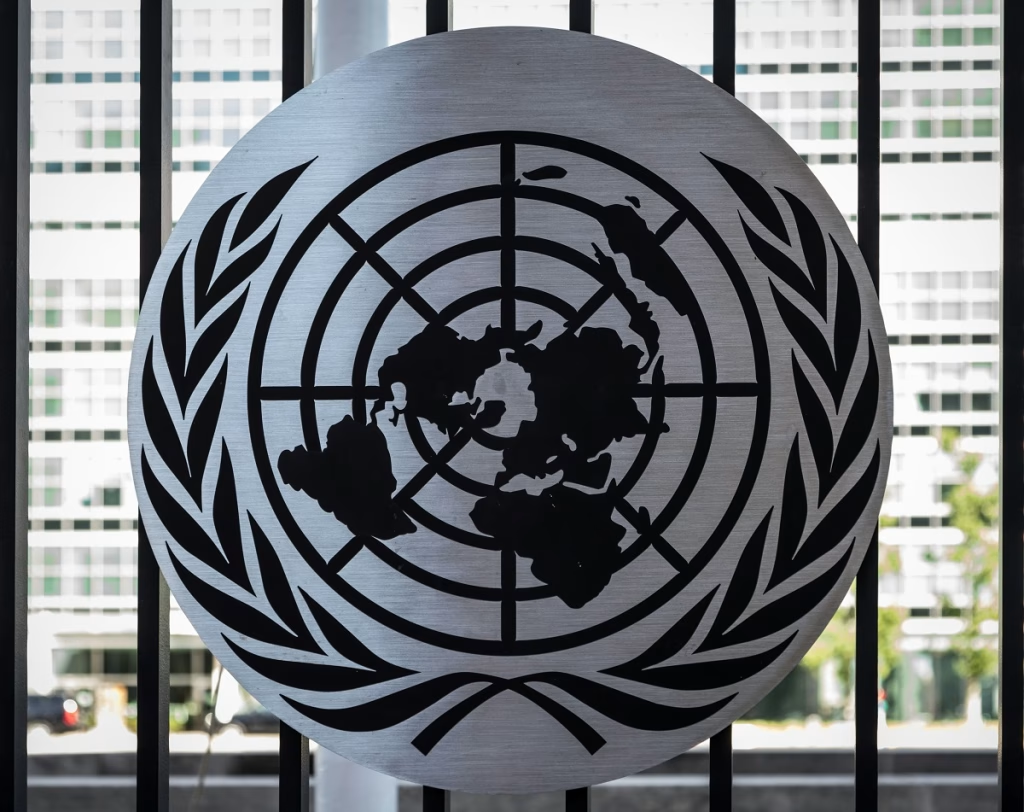
Trump’s agenda is completely different, and he focused on criticizing “globalist institutions”, including the UN itself. This was primarily aimed at a domestic audience, because two-thirds of Americans and the lion’s share of Republicans have a negative view of the UN’s activities. Congress is discussing a bill on the complete withdrawal of the US from the UN, and although such a scenario is not very likely, Trump has already withdrawn America from the WHO and the UN Human Rights Commission. The UN has come under fire for its criticism of Israel, and recently, Trump’s first permanent representative to the UN, former national security adviser Mike Waltz, who has ties to the Israeli lobby, was appointed. Trump also criticized the UN in the context of the “green agenda”, because all predictions of climate catastrophe have failed to materialize. In addition, he called on other countries to follow the example of the US and start fighting migration or they would face “real hell”. Overall, Trump delivered a speech befitting himself and his allies among the European and Latin American right, and did not surprise Americans with anything special.
After all, the external and internal problems of Trump’s policies are growing, forcing him to be calmer and more rational. But whether he will be able to maintain his image among his core electorate in this role remains a big question, because his populist vision has crashed hard against the iceberg of reality, in which he has neither real radicalism nor sufficient mechanisms to implement his program.
